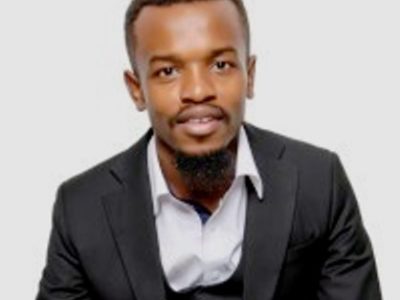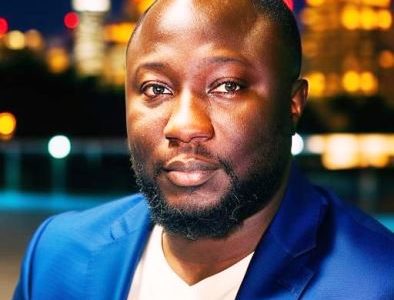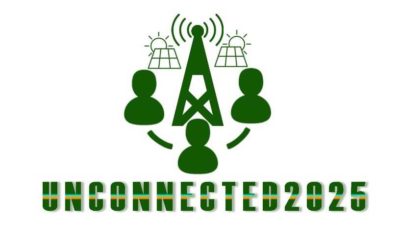6?s with Emeka Mba, Director General of Nigerian Broadcasting Commission
Nigeria is in top gear to meet digital migration deadline
Do you think Nigeria can meet the digital migration deadline?
It is a deadline that everyone has to be ready for. We are ready and there is nothing we can do about that. We are making plans to meet that date. The deadline is sacrosanct and everybody is working towards meeting up with that deadline. The NBC and the ‘Digiteam’ that is being set up by the government is working towards the deadline.
What are the economic implications of the digital migration?
There is always a cost to migrate, depending on the side you fall into. By the viewer, the cost is buying a setup box. There is also a cost to the broadcaster who has to buy new transmission and studio equipment. There is also a cost of running the signals itself. This includes public information about getting people sensitized to the need of migration from analogue to digital. There are also industry costs, which include the signal administrator on how to administer the signal.
There have been talks of merging NCC and NBC together for maximum utilization and avoiding duplicity?
Yes, in some country they have taken the way of having a single regulator. That is viable; but it all depends on the policy of Mr. President. He will decide at what time the merger will happen.
Opening up TV white spaces, do you think that will boost innovation in internet delivery?
It potentially can and as the Honourable Minister of Communication Technology said this morning, there will be a pilot project. This will be in a couple of months to ascertain the impact of this technology and have a proper regulatory framework that will guide this technology. These are all issues that the pilot will address. Obviously the minister will make that decision once the pilot is over.
There have been issues of Spectrum held by NBC that NCC can use. What is your take on this?
There is no clash, NBC and NCC will work together. We have one objective: To ensure that Nigerians have the best of services. When it comes to telecommunications, we look at NCC and when it comes to broadcasting, we look at NBC – they complement each other. This means that the spectrum can be used for both broadcasting and communication. Nigeria is not the only country that has separate regulatory bodies. There is clear guideline on this. One of the key benefits of digital migration is more efficient use of the spectrum meaning we can give back unused spectrums to the country which can then be used for broadband penetration in the country.
What is NBC doing to raise the awareness level of the digital migration; a lot of people don’t know about it especially in the rural area?
Well, that is obviously a task that we are faced with. We are working through the National Assembly to ensure that when the budget is passed, it will enable us to have funds for media campaign and sensitizations.
Getting kitted for digital broadcasting
By June 17, 2015, the International Telecommunications Union (ITU) will activate a switch-off of all analogue broadcast signals worldwide. It will mark the terminal fulfillment of a 2006 treaty reached by Nigeria and other members of the global community at the ITU’s Regional Radiocommunication Conference (RRC-06) in Geneva. The treaty is expected that by that date, every country would have completed a migration from analogue to digital broadcasting. Digital broadcasting holds multiple advantages over analogue in terms of spectrum efficiency, picture quality and sound fidelity for the end consumers of broadcast services. The snag is there are too many hiccups that may hamper Nigeria’s readiness to meet the switchover date. The burden is on the government to increase the pace of work to address the technical, marketing and social/awareness issues that stare all stakeholders in the face. The government needs money to move things and it needs to make people aware of the change that is about to come. People need set-top box (STB) or decoder to receive digitized broadcast signals. People also need to be aware of why the change is inevitable. Government needs to hasten the Digital Switchover (DSO) processes. The pilot scheme in Jos expected to come on stream by June 2014 has to be replicated with speed and efficiency across the states. If we must not end up with a broadcast blight by June 2015, the National Broadcasting Commission (NBC) has to move mountains now.





























